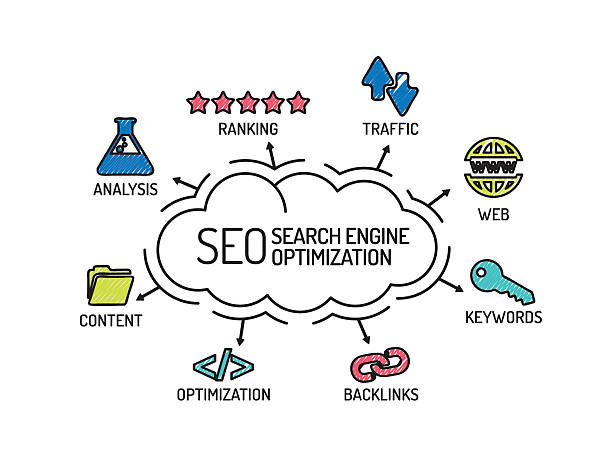What Is Google Ads?
Google Ads is Google’s online advertising platform that allows businesses to show ads across Google Search, YouTube, websites, and mobile apps. It helps brands reach potential customers exactly when they are searching for related products or services.
Whether you’re a small business owner or a growing enterprise, its gives you the power to appear at the top of search results and drive targeted traffic instantly.
How Google Ads Works
Its works on a pay-per-click (PPC) model, meaning advertisers only pay when someone clicks on their ad. You choose keywords related to your business, set a budget, and create ads that appear when users search those terms.
The Google Ads Auction System
When someone searches on Google, an auction happens in real time. Google decides which ads appear based on:
-
Keyword relevance
-
Ad quality score
-
Bid amount
-
Landing page experience
This ensures users see helpful and relevant ads—not just the highest bidders.
Types of Google Ads Campaigns
Its offers multiple campaign types depending on your marketing goals.
Search Ads
These are text ads that appear on Google Search results pages. They’re ideal for capturing users with high buying intent.
Display Ads
Display ads are visual banners shown on millions of websites across Google’s Display Network. They help with brand awareness and remarketing.
Video Ads
Video ads run primarily on YouTube. They’re powerful for storytelling, brand visibility, and audience engagement.
Shopping Ads
Perfect for eCommerce businesses, shopping ads display product images, prices, and store names directly in search results.

Benefits of Using Google Ads
Using its comes with several advantages for businesses of all sizes.
Instant Visibility
Unlike SEO, which takes time, its can place your business at the top of search results immediately.
Highly Targeted Advertising
You can target ads by location, language, device, interests, demographics, and even specific times of day.
Budget Control
With its, you control daily spending and can pause or adjust campaigns anytime.
Measurable Results
Every click, impression, and conversion is trackable, allowing data-driven decisions.
Why Google Ads Is Important for Businesses in India
In a competitive digital market like India, Its helps businesses reach customers quickly and efficiently. With millions of daily searches, it’s one of the fastest ways to generate leads and sales.
Many Indian businesses also combine with local SEO and social media marketing to maximize online growth. You can explore official resources from Google India to understand ad policies and best practices.
Common Mistakes to Avoid in Google Ads
Poor Keyword Selection
Choosing broad or irrelevant keywords can drain your budget without results.
Ignoring Landing Page Optimization
Even the best ads won’t convert if the landing page is slow or unclear.
Not Tracking Conversions
Without conversion tracking, you won’t know what’s actually working.
Get Professional Help With Google Ads
Managing its effectively requires strategy, testing, and continuous optimization. If you want expert guidance to maximize ROI, professional digital marketing support can save time and money.
Contact our digital marketing experts
Final Thoughts
is a powerful online advertising platform that helps businesses reach the right audience at the right time. When used strategically, can drive traffic, leads, and sales faster than most other marketing channels.
Whether you’re new to digital advertising or looking to scale, understanding how its works is the first step toward online success.
Explore more related articles to deepen your understanding
Best Fonts for Branding: Create a Lasting Visual Identity
SEO Content Writing: A Complete Guide for BeginnersDoes Google use Cloudflare
Content Writing Basics: A Beginner’s Guide to Effective Writing


















